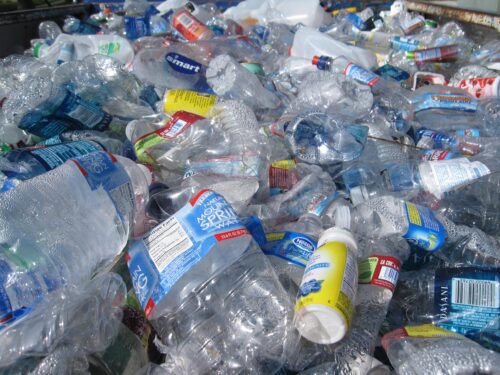
The international climate change conference known as COP 26 is about to take place next week. This 12-day event is the next annual UN climate change conference. COP stands for Conference of the Parties, and the summit will be attended by the countries that signed the United Nations Framework Convention on Climate Change (UNFCCC) – a treaty that came into force in 1994. The reason it gets its name is because this is the 26th time these parties have gotten together. The emphasis of this event appears to be mostly around atmospheric climate change, and very little surprisingly about humanity’s other major environmental issue -dealing with our waste. Plastic waste is of urgent concern.
There is no doubt that plastic has helped to extend and improve life on the planet. Plastic preserves food and keeps it clean and is used as an enclosure or actual moving parts in our houses, cars, and technology. Furthermore, it is easy to produce cheaply in scale, as many plastic source materials are by-products of oil refining, something we do on a global scale. However single-use and disposable plastics are increasingly becoming an existential problem for the planet and every species on it.
An estimated 8 million metric tons of this plastic waste enters our oceans every year. Global plastics consumption is predicted to grow dramatically, to reach close to
400 million metric tons a year by 2025. One research source quotes five countries in Asia (China, Indonesia, the Philippines, Thailand and Vietnam) are estimated to account for as much as 60% of the plastic waste entering the ocean.
Of particularly urgent concern are the plastics that mimic marine life in shape, size, and relative appearance. Transparent plastic bags can look like jellyfish and microbeads and smaller items look like fish eggs. Plastic can be found in the flesh and intestinal tracts and of fish and other marine life. Small pieces of plastic are eaten by fish, turtles, and seabirds, often resulting in
their death. Animals and birds can also become tangled up in plastic debris,
leading to serious injuries and fatalities.
Stemming the tide of plastics entering the oceans is key. Ecorite has been encouraging its customers and their customers to replace one-time plastics with safe, ecologically friendly alternatives made from both natural and recycled plastics for many years and continues to do so. Consider the planet when looking for brand-related promotional materials and choose responsibly. We are here to help you.
Eric Vengroff – October 29, 2021
